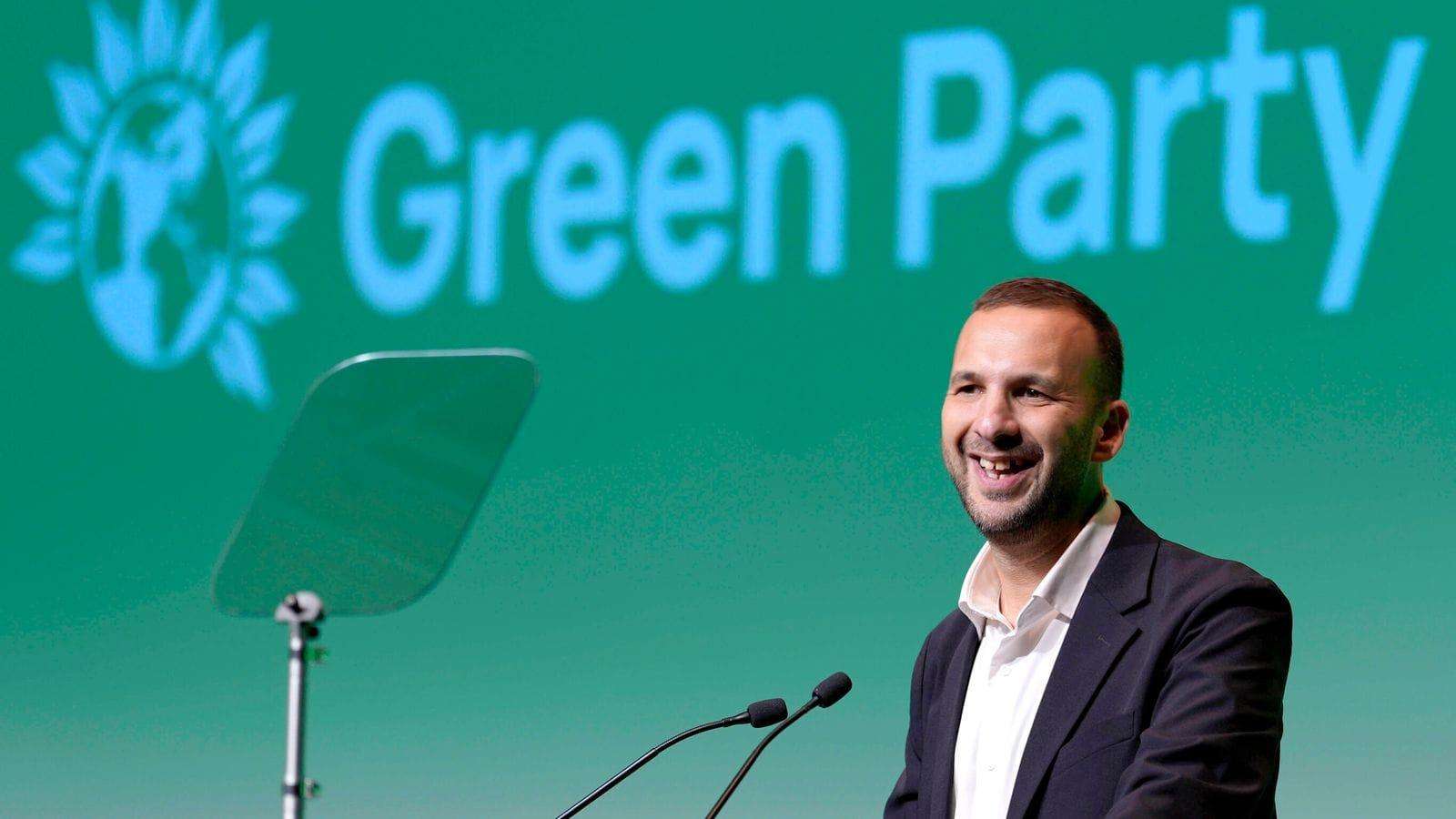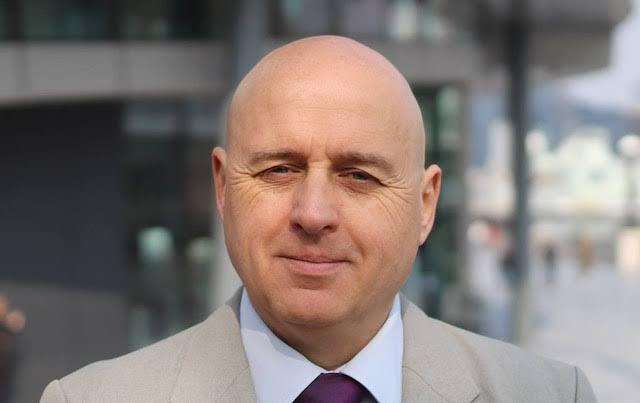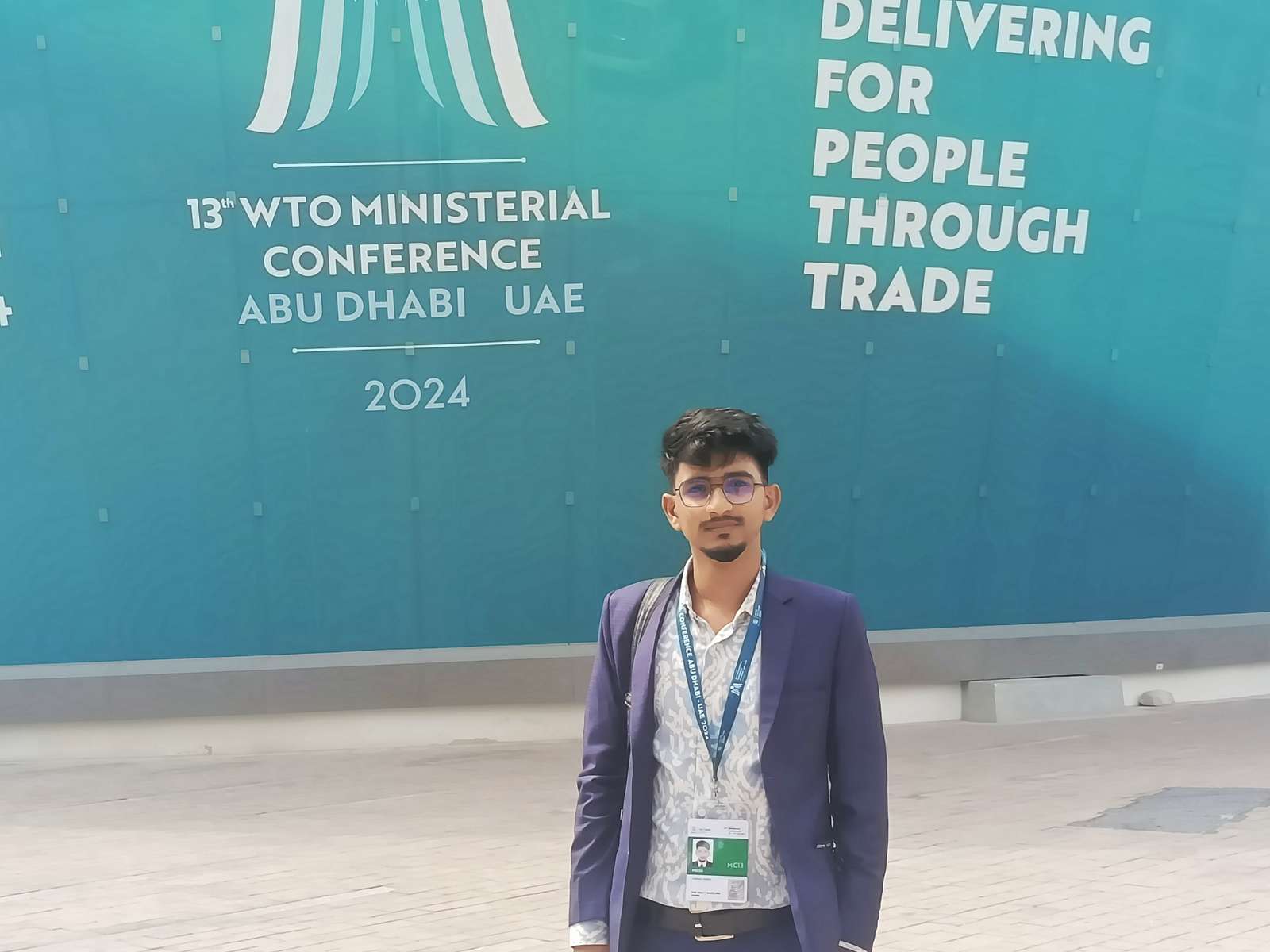A storm is brewing in Westminster as proposals to resurrect the UK's "Golden Visa" scheme face fierce opposition, with leading anti-corruption charities delivering a stark warning to Chancellor Rachel Reeves: such a move would effectively "roll out the red carpet to kleptocrats, criminals and spies." The renewed debate comes amidst deeply unsettling revelations that billions in alleged "blood money" from corrupt elites in nations like Bangladesh have found a safe harbour in the UK, often manifesting as high-value property investments, particularly within East London's burgeoning real estate market.
The government, led by Chancellor Rachel Reeves, is reportedly weighing the reintroduction of an investor visa, which was abruptly scrapped in 2022 due to its vulnerability to "illicit finance and fraud." The previous iteration allowed wealthy foreigners to gain UK residency by investing over £2 million. The proposed new scheme aims to attract capital into "strategically important" sectors such as artificial intelligence and clean energy, a strategic move following concerns that recent tax crackdowns, notably the overhaul of the non-domicile regime, might deter global high-net-worth individuals.
However, a powerful coalition of anti-corruption organisations, including the UK Anti-Corruption Coalition and Patriotic Millionaires UK, have penned a damning letter to the Chancellor. "Past experience suggests this would be misguided, offer minimal economic benefit and expose the UK to acute national security risks by facilitating foreign influence and the flow of illicit finance," the letter asserts, echoing widespread apprehension within the anti-money laundering community.
The Haunting Specter of Bangladesh's Billions
The urgency of these warnings is amplified by exclusive investigations revealing the staggering scale of illicit wealth from Bangladesh permeating the UK. As recently as November 2024, a joint exposé by The Observer and Transparency International unearthed that Bangladeshi power players, now under scrutiny by their own government, had amassed a vast UK property portfolio estimated at nearly £400 million, a figure many believe to be a conservative estimate. These fortunes are allegedly linked to widespread corruption, including un-repaid state bank loans, under the former Awami League regime.
The "hundi" system of underground money transfer is believed to be a key conduit for these illicit funds, which have flowed into the UK, a jurisdiction long seen as a "familiar home for illicit funds." From modest flats to sprawling mansions, these properties are held by UK and offshore companies, with their ultimate beneficial ownership often tracing back to some of Bangladesh's most influential and wealthy families, including former ministers. While these individuals vehemently deny any wrongdoing, citing political motivations behind the allegations, Bangladeshi authorities are now aggressively pursuing the recovery of these assets, with some trails leading directly to prestigious London addresses, including prime spots in East London and areas like Grosvenor Square.
The UK has already signaled its intent, with the sanctioning of three high-profile kleptocrats in November 2024 under the Global Anti-Corruption Sanctions Regulations 2021. Experts indicate that similar robust measures could be deployed against former Bangladeshi officials suspected of misusing public funds to acquire UK properties. The National Crime Agency (NCA) remains a pivotal player, actively involved in sanctions investigations and possessing the authority to forfeit illicitly gained assets, with its reach potentially extending deep into the Bangladesh corruption nexus.
The Illusion of Due Diligence and the Cracks in the System
While advocates for a new golden visa, such as Nicolette Bostock of law firm Withers, argue for its economic benefits and emphasize the "robust" nature of existing "due diligence" and "sniff test" mechanisms, anti-corruption groups remain deeply skeptical. The Home Office itself, in 2022, conceded that the prior golden visa route was "vulnerable to exploitation by those seeking to transfer illicitly obtained wealth to the UK." Concerns persist over critical loopholes, including insufficient scrutiny of gifted wealth and funds held for over two years, which can effectively bypass rigorous anti-money laundering checks.
The Shifting Sands of Tax and Global Scrutiny
The debate is further complicated by the UK's recent overhaul of its tax system. From April 2025, the "non-dom" regime has been replaced by a new "foreign income and gains (FIG) regime." New arrivals will enjoy a four-year window free from UK tax on foreign income and gains, but thereafter, their worldwide income will be subject to taxation. Additionally, long-term residents (those in the UK for 10 years or more) will face inheritance tax on their global assets. While some financial advisors predict an exodus of millionaires in response, anti-corruption charities argue these fears are "unfounded," suggesting the lure of the UK's legal and educational systems, coupled with a perceived safe haven for wealth, remains strong.
Globally, the tide is turning against such schemes. The European Court of Justice, in April 2025, delivered a significant blow to "golden passport" programmes, underscoring the imperative for EU-wide rules to combat money laundering and corruption. Spain, a former golden visa proponent, abolished its scheme earlier this year, citing its detrimental impact on housing markets.
Daily Dazzling Dawn Analysis: A Perilous Path for Prosperity?
Today's Dazzling Dawn Analysis illuminates the inherent tension at the heart of the Golden Visa debate: the government's pursuit of economic growth versus its fundamental responsibility to safeguard national security and uphold financial integrity. The revelations surrounding Bangladeshi illicit funds flowing into East London's property market serve as a chilling testament to the tangible dangers of poorly regulated investment schemes.
While the desire to attract global capital is understandable, especially in a post-Brexit landscape and following tax reforms, the lessons of the past are undeniable. The "sniff test" for tainted money must evolve beyond a mere formality to become an ironclad barrier. The UK cannot afford to become a laundromat for the world's ill-gotten gains, particularly when those gains represent the "blood money" of impoverished nations.
For East London, the implications are profound. An influx of unaccountable wealth can inflate property prices, exacerbate housing crises, and distort local economies, ultimately harming legitimate residents and businesses. The path forward demands not just rhetoric, but concrete, verifiable measures to ensure that any new investor visa truly benefits the British economy and its citizens, rather than enriching criminals and undermining the UK's global standing. The "dazzling dawn" of a new economic era must not be dimmed by the shadows of illicit finance. The onus is now squarely on Chancellor Reeves to demonstrate that the allure of foreign capital will not compromise the UK's commitment to justice and transparency.
_3.jpg)
_4.jpg)






.svg)

_2.jpg)
